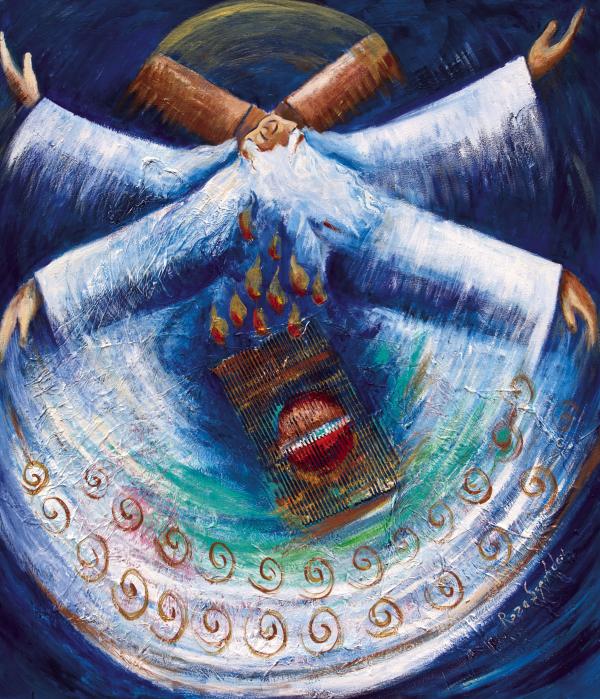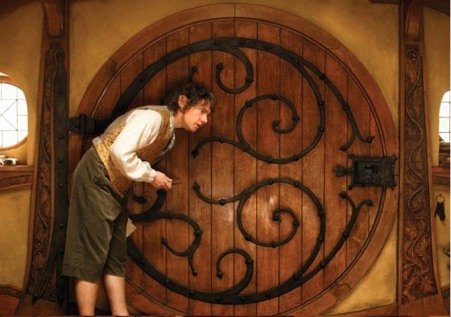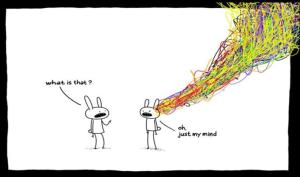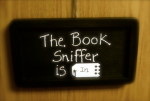The academic part of me cannot help but wonder…is there anything upon which EVERY Christian “branch” agrees? If so, what? Is it possible to list things that are actually so basic that they really do meet his definition of “Orthodoxy”?
I love this question from my friend Stephen in response to these recent musings prompted by Joshua Harris’ book Dug Down Deep.
It is the question, isn’t it?
When we look at all the branches of this immense Christian tree – Orthodox, Catholic, Protestant, Coptic, etc. etc. etc. – “is it possible to list things that are actually so basic” that we will find agreement, that we will discern a common DNA amidst an all too often rancorous diversity?
My mind goes to several places.
Ephesians 4:1-6 and Paul’s seven “ones” of Christian experience.
Hebrews 6:1-3 with its listing six foundational truths.
1 Corinthians 15:1-28 with one of the earliest creedal formulations we have on hand – with apostolic commentary, no less!
All of these would seem to provide solid ground to dig down to, experientially, and then to build a life.
Then, of course, there is the Apostle’s Creed. The day before the question came, I had been blessed by a communal recital of the Apostle’s Creed followed by a singing of the Doxology. Some seven hundred voices raised in unison. Deep chords there. Chords initially struck over the first decade of my life growing up in the Presbyterian Church. Week after week I learned to recite the words. Today I begin to hear the song.
And the song took me not to the above options, nor to any textbook fatter than a phone book It took me to one of the earliest creedal songs. It took me to the poem. The Poem.
Six stanzas.
Eighteen words.
Forty-five syllables.
We have tagged it with the address 1 Timothy 3:16. The title placed over it is “Mystery” – or more fully: “Confessedly (or without debate, with full consensus) great is the mystery of godliness.” Ho-moh-loh-goo-MEN-ace meh-GAH es-teen toe tace you-seh-BAY-yas moo-STARE-rhi-own is something like how that title would read in the Greek. Ironically, the manuscripts of the New Testament aren’t agreed on what the next word is – on what the first word of the creedal poem is. And the difference is a dash. Literally. In the early uncial manuscripts it could be OC or it could be ƟC. OC is “he who” and ƟC is shorthand for “God.” Older English translations go with ƟC and say “God” (Theos), more recent ones opt for OC (hoes) and say “he who” or “the one who” reasoning that it’s easier to explain “he who” being changed to “God” than vice versa. I go with ƟC and read “God” though I totally get and even appreciate OC “he who” for the simple reason it enhances the mystery at the center of the poem. Just who is this? Who is this man?
Whoever this God/man is, the defining DNA in all of our branches is set forth in the following six stanzas – nine syllables followed by eight, then five, then eight, then seven and seven.
Here is an approximate pronunciation guide for the Greek. Take each stanza into your mouth before reading a translation – and you might try softly repeating moo-STARE-rhi-own after reading each line (go ahead, try it; it won’t bite you…but then it actually may). Say each word slowly, syllable by syllable, then combine the syllables and say it fast (what, a post that makes you work!? Preposterous! But try it anyway. Taste some ancient culture).
eh-pha-neh-ROE-thay in sar-KEE
eh-dee-kai-OH-thay in PNEW-mah-tee
OAF-thay ang-GEH-loys
eh-kay-ROOK-thay in ETH-neh-seen
eh-pea-STEW-thay in KOS-moh
on-eh-LAME-thay in DOK-say
Here’s what the actual Greek text looks like (with a Coptic cross background thrown in for free):

Why did I just torture you with this? Simple. This DNA is ancient. It is foreign. It is not a product of western culture. It is story. It is poem. It is song.
An English translation:
(The God/man)…
was manifested in flesh;
was vindicated in spirit;
was seen by messengers;
was preached among the peoples;
was believed on in the world;
was taken up in glory.
Two millenia of elaborations, formulations, councils, creeds, analysis, dissection, exposition, supposition, explication and pontification have failed to improve on its simplicity, power and passion. It may be the question that drives us, but it is story that forms us. Harris says it well: “Doctrine is the meaning of the story God is writing in the world.” I would just simplify it to “doctrine is the story God is writing in the world” – for it is in the many nuances, levels and layers of our deduced and adduced meaning in which we can and do so easily lose the story or, worse, hijack it. Mutate it. Mute it.
There is no list of basics. Only story. And the story is the doctrine. It is the creed. It is the DNA not only of all of Christendom’s branches, but of the whole cosmic forest in which we live. The forest where Immanuel lives, where his voice echoes, where His Spirit dances.
And if the academic part of us can still wonder, perhaps we can yet hear and enter into its rhythms…or to put it as Josh Harris does: perhaps we can dig down deep — dig down deep and build a new life, a new church, a new world, on it.

 I think I’m going to try showing more teeth on this blog. Just not the bared teeth of ranting rage (I will leave that to much more qualified, bold, prophetic souls; I will continue to joyfully don the robe of the jester monk). I would offer here the toothy grins of holy irreverent curiosity and wonder; musings and haverings and attempts at the poetic; theological finger-painting – which I’ve discovered is so much more fun than religious or moralistic finger-pointing, whether employing right or left fingers – though I reserve the right to finger paint with the middle finger on either hand. Propping up shoulder chips and grinding axes makes such sad grist for this wordhavering mill!
I think I’m going to try showing more teeth on this blog. Just not the bared teeth of ranting rage (I will leave that to much more qualified, bold, prophetic souls; I will continue to joyfully don the robe of the jester monk). I would offer here the toothy grins of holy irreverent curiosity and wonder; musings and haverings and attempts at the poetic; theological finger-painting – which I’ve discovered is so much more fun than religious or moralistic finger-pointing, whether employing right or left fingers – though I reserve the right to finger paint with the middle finger on either hand. Propping up shoulder chips and grinding axes makes such sad grist for this wordhavering mill!


























